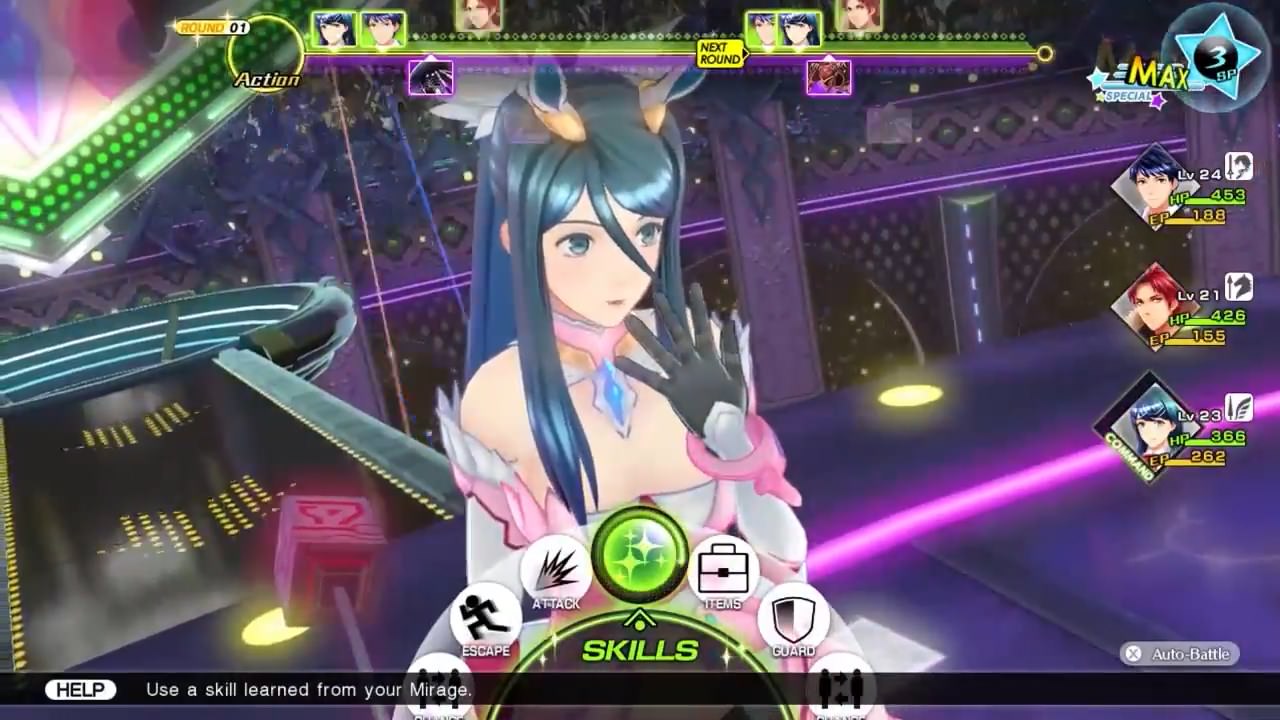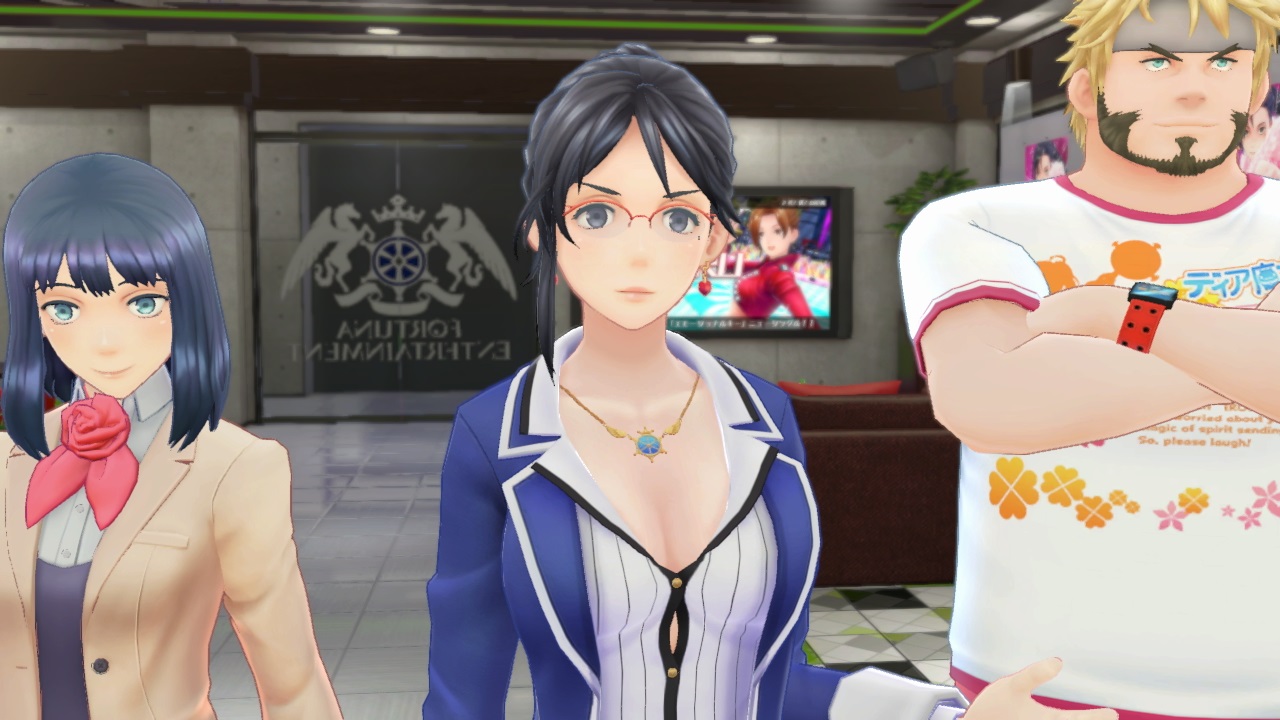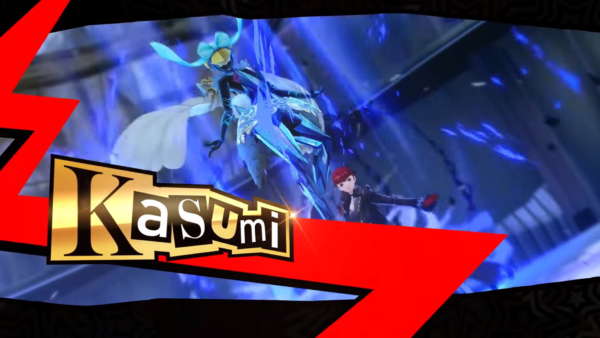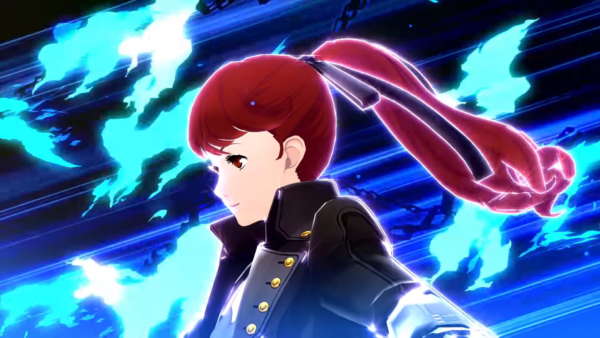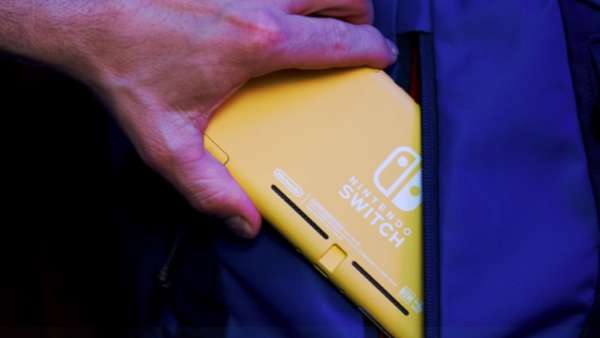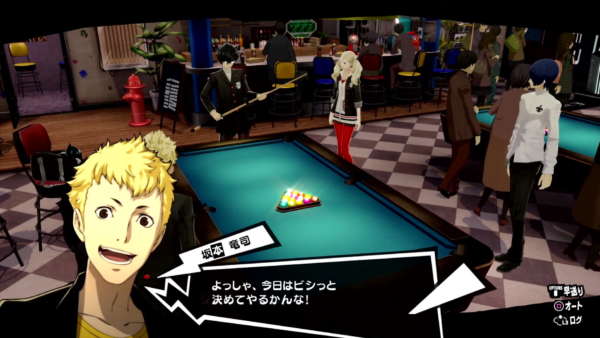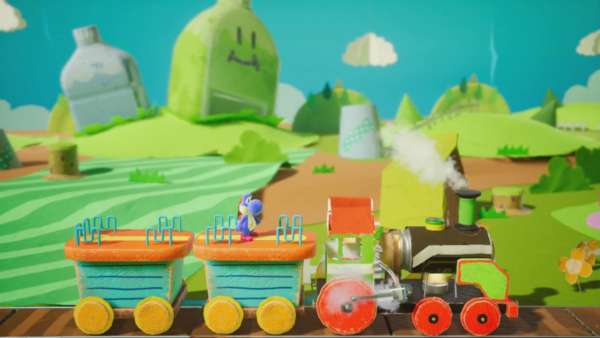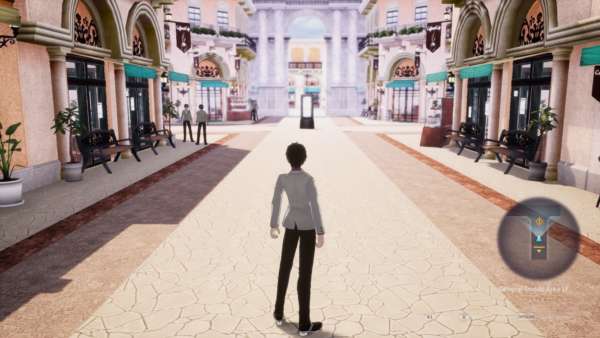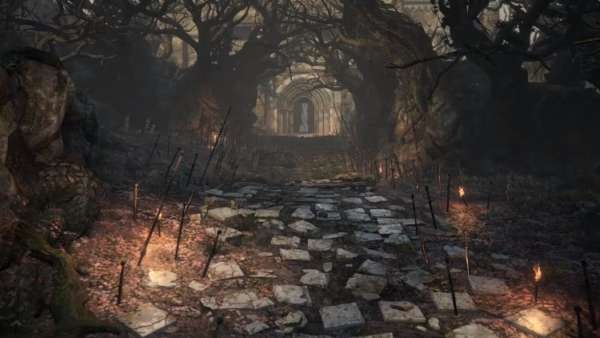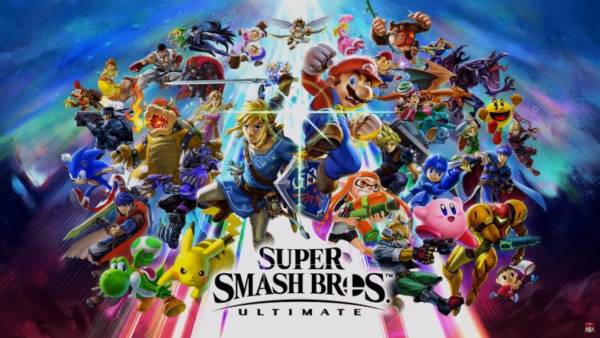Crossover video games are often treated with suspicion, especially when the intellectual properties that make the connection are well respected. Back in 2010, a project was announced that would bring together ATLUS’s flagship Shin Megami Tensei franchise, and Intelligent Systems Fire Emblem series. The end result of this collaboration was finally released in June 2016 as Tokyo Mirage Sessions #FE for the Wii U. While it is not the game that hardcore fans of both franchises might have expected to see, Tokyo Mirage Sessions #FE is one of the more unique role playing games to come out this year, and certainly proves that there is more to the Wii U than just Nintendo’s first party catalogue.
Tokyo Mirage Sessions #FE takes place in modern day Tokyo, where a young woman named Tsubasa dreams of becoming an idol. On the day of her audition, she is kidnapped by a mysterious force. The protagonist, a young man named Itsuki goes to rescue her, and along the way he forms a bond with a mysterious being known as a Mirage. After they have escaped, they are recruited by an idol agency that secretly fights the rogue Mirages that are beginning to possess people in the real world. Their primary goal is steal their Performa, another name for the creative energies of mankind, for their own gains. Throughout the main storyline, there are several moments which are too cute for their own good. Despite the sometimes farfetched plot, the characters and their relationships are completely believable, such as Tsubasa’s tendency to misspeak her worlds when nervous, and the way that the shy Kiria relies on Itsuki for emotional support.
If you have ever played a game from the Persona series, then the game play structure of Tokyo Mirage Sessions #FE will be very familiar. Throughout the game, you help Tsubasa to try and become a professional idol as part of the main storyline, defend Tokyo from the invading Mirages in dungeon areas and take part in Side Stories with additional characters and party members. Although you are not restricted by a calendar system known in the Persona franchise, you cannot perform side stories whilst taking part in the main game, so you will need to use free time sections known as Intermissions which are provided between chapters. Although the idol focused storyline is fairly simple with how it follows the monster of the week routine showed in many TV shows, the way in which they are kept separate from the side stories ensures that every player will receive the same core experience, and will be rewarded with a story of Tsubasa’s confidence issues, or Touma’s desire to become a hero if they decide to divert from the status quo.
